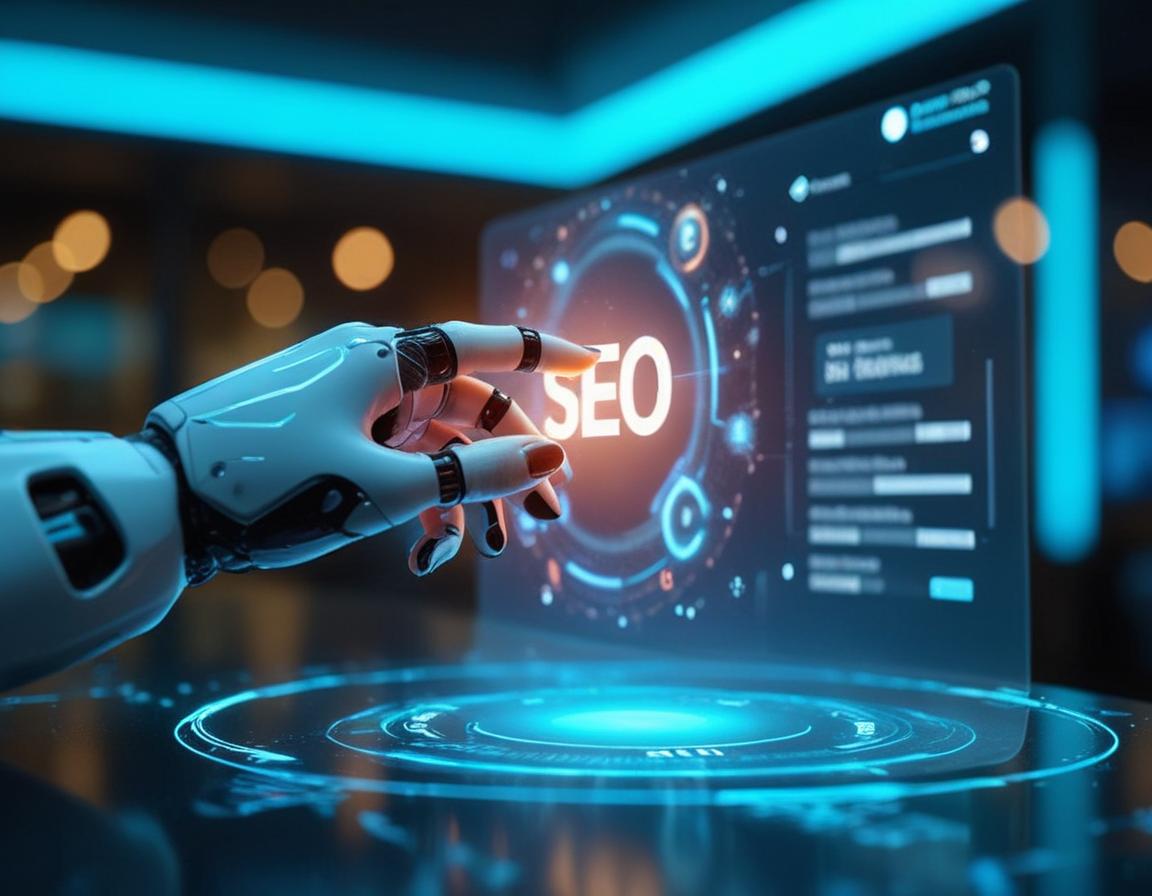AI and SEO are no longer niche subjects; they’re transforming the heart of digital marketing. With Google at the forefront, AI-driven answers are starting to replace traditional search results, redefining how people find brands online. This isn’t just a minor change—it’s a major shift.
We’re stepping into a new era where clicks are no longer guaranteed, websites are often skipped, and visibility relies not only on what you communicate but on how clearly, consistently, and credibly you deliver it. For those depending on organic reach, AI Mode isn’t just a tool—it’s the new battleground.
What You’ll Learn:
- How AI Mode is transforming SEO
- Why traditional keyword SEO is giving way to natural, conversational search
- What zero-click searches mean for your brand’s visibility
- Why brand authority and citations matter more than ever
- How to optimize content for AI without losing your unique voice

Why Google’s AI Mode Is a Game-Changer?
The traditional SEO strategy—ranking for keywords and driving clicks—is rapidly losing relevance. As AI-generated answers increasingly appear directly in search results, fewer users are visiting websites. We’ve entered the age of the “zero-click search.”
The Zero-Click Reality
AI Mode delivers answers directly on the results page, meaning users often find what they need without visiting your site.
While that may feel like a drawback, it’s also a powerful opportunity. If AI consistently pulls from your content, your brand earns authority and trust. The goal is to be present in the right context—even without the click.
Pro Tip: Create precise, reliable content that AI can reference with confidence.

New SEO, New Benchmarks
Traditional metrics like click-through rates and keyword rankings are no longer the sole indicators of success. Now, factors such as brand mentions, citations from AI tools, and the frequency of your content appearing in conversational answers carry equal weight.
So, how do you measure this? Emerging tools already allow brands to track when and where AI references their content.
Example: Leverage analytics platforms that monitor brand mentions and AI citations, and integrate those insights into your SEO strategy.

Content Strategy Has Evolved
Keyword stuffing and overly long, filler-heavy articles are on their way out. Google’s AI now prioritizes content that is clear, relevant, and concise—yet still thorough enough to fully address a user’s query.
Ask yourself: Can AI easily extract a useful, accurate snippet from your content? Does your writing genuinely provide value, or is it just adding fluff?
Pro Tip: Organize your content to directly answer real questions, using helpful subheadings and natural, reader-friendly language.
Authority and Citations Matter Most
As AI becomes more selective with its sources, your brand’s credibility carries real weight. Google favors trusted voices and recognized experts—and that kind of authority has to be earned.
If two sites share similar information, Google is far more likely to highlight the one with stronger brand recognition.
Pro Tip: Strengthen your authority through expert-driven content, media coverage, strategic partnerships, and consistent output that reinforces your credibility.
Optimize for Every Search Method
Search isn’t limited to typing anymore—people search by speaking and even snapping photos. Your content should be ready for all of it.
Example: Add descriptive image alt text, provide video transcripts, and use structured data to make your content discoverable across devices and formats.
It’s Bigger Than Google
Google may still lead the search market, but it’s not the only player. Bing’s AI chat and other specialized tools are quickly gaining traction. A modern SEO strategy has to think beyond one search engine.
Pro Tip: Research how various AI search platforms evaluate content. Experiment with different formats and approaches to see what performs across multiple ecosystems.
Stay Flexible Through Testing
SEO in the AI era is constantly shifting. What works today may not work tomorrow, which makes testing and adaptability essential.
Not sure where to start? Begin small—try new formats, refine your messaging, and track which content gets picked up. Stay agile and ready to adjust.
The Shift You Can’t Afford to Ignore
Adapting to AI Mode means moving past keyword-first strategies and focusing on clarity, relevance, and authority. Brands that embrace this change won’t just keep up—they’ll take the lead.
Expect rapid changes ahead. Stay curious, keep testing, and create content that’s both helpful and human. That’s how you’ll thrive.
Top FAQs About AI Mode and SEO
How does AI Mode affect SEO rankings?
It rewards well-structured, trustworthy content over keyword-heavy pages. Success now means being cited in AI answers—not just ranking on a results page.
What should businesses do right now to adapt?
Refine your content, strengthen your brand authority, optimize across multiple formats, and test what resonates with AI tools.
Is traditional SEO dead?
Not at all—but it has evolved. SEO is more important than ever because AI depends on clear, credible content to determine what gets surfaced.
Need expert help adapting to AI Mode and preparing for GEO (Generative Experience Optimization)?
Reach out to our eCommerce SEO specialists today.


